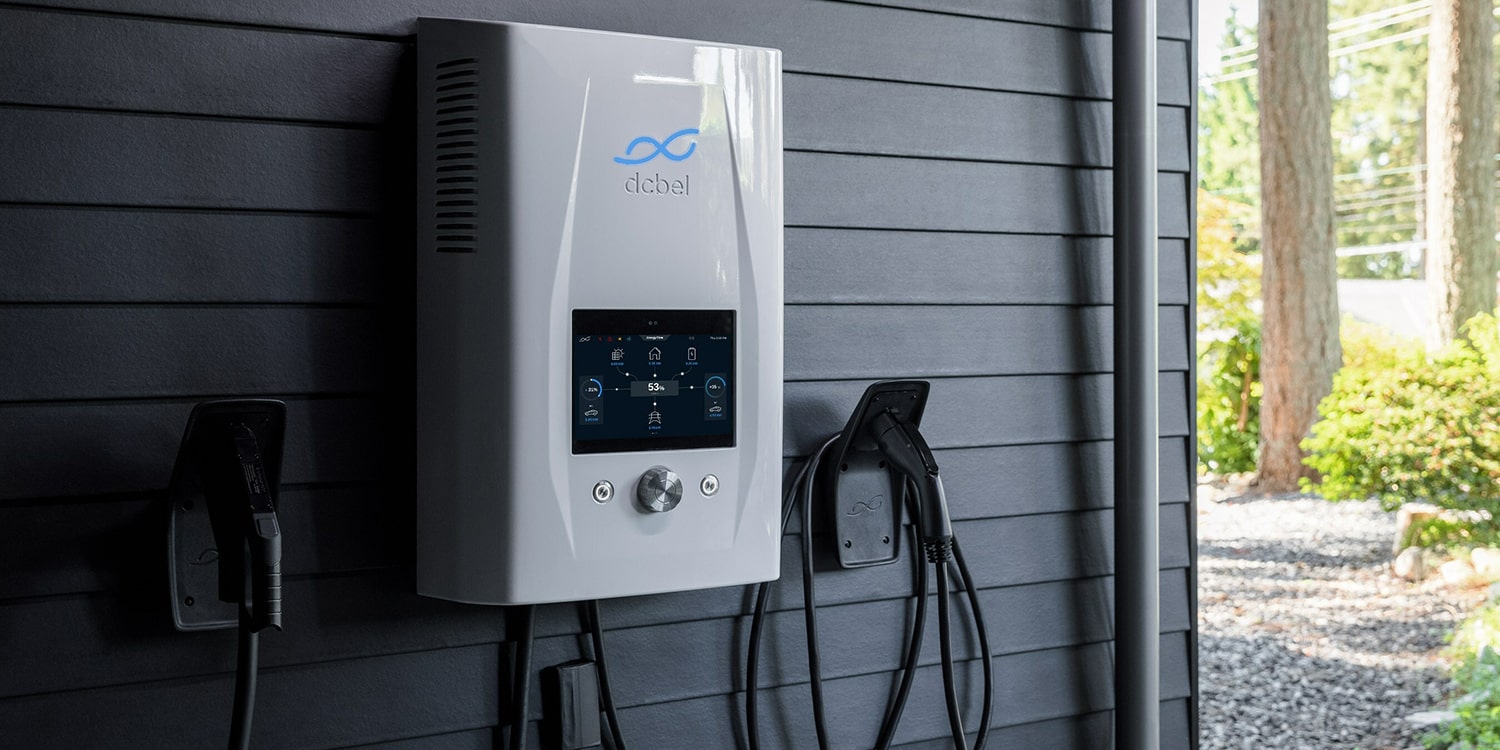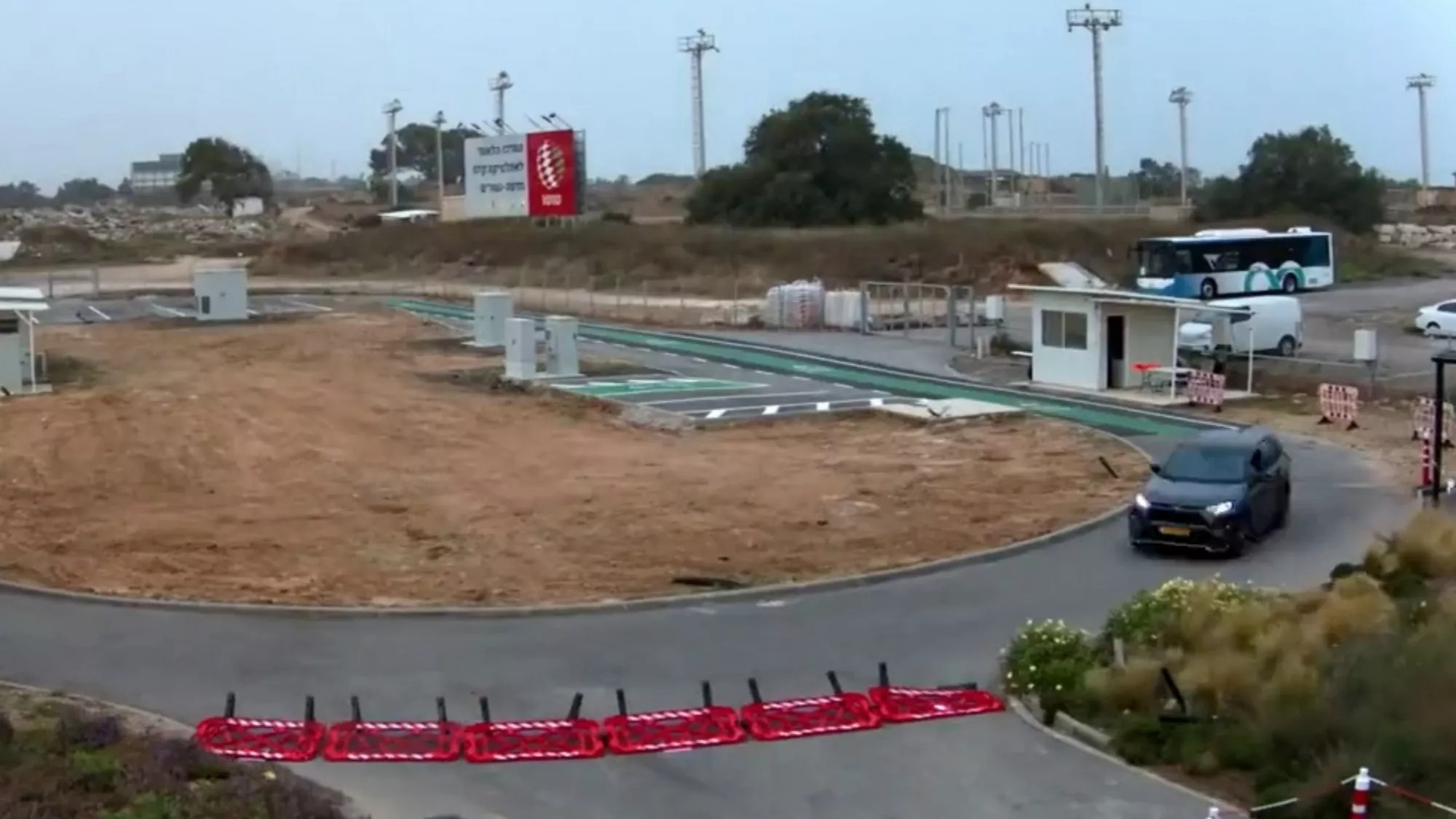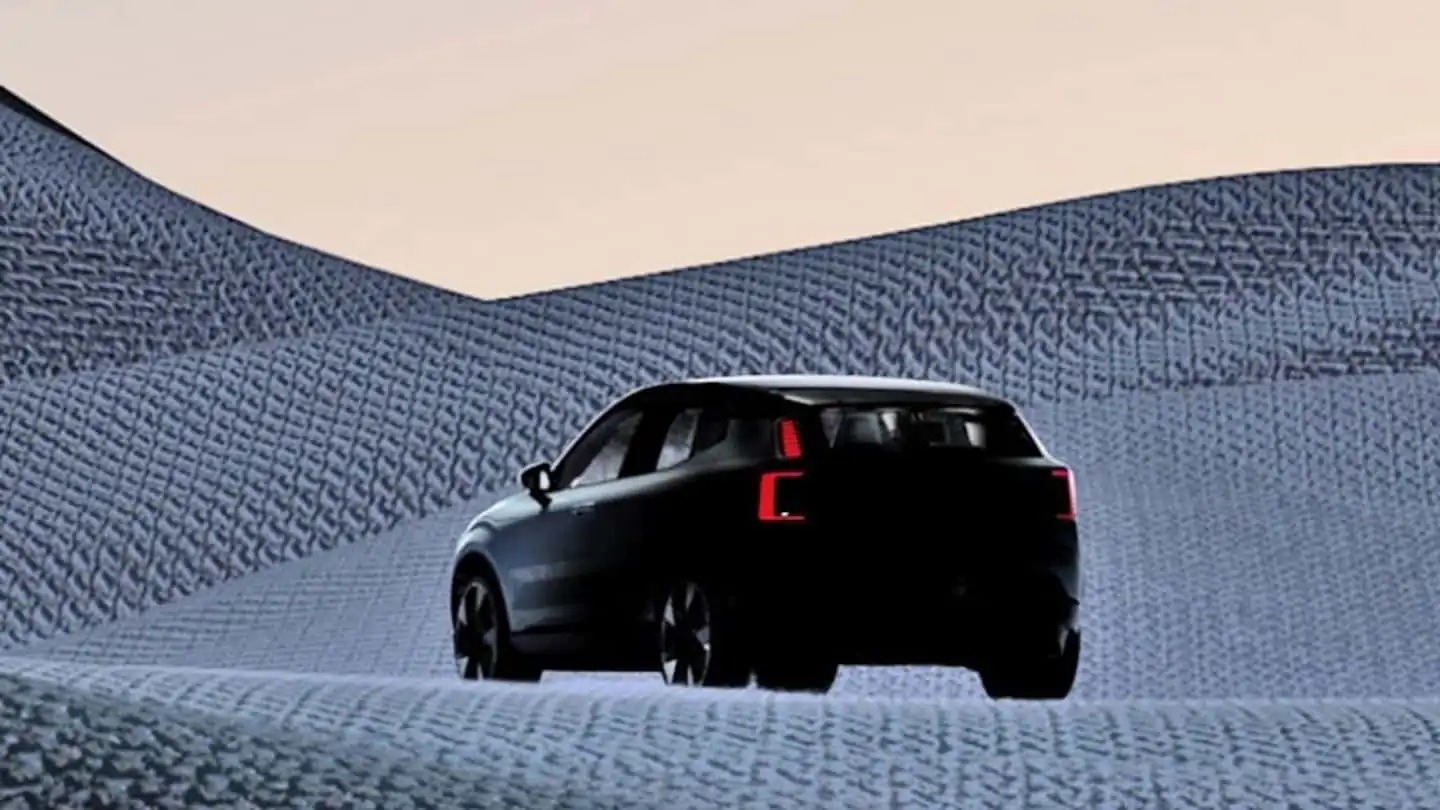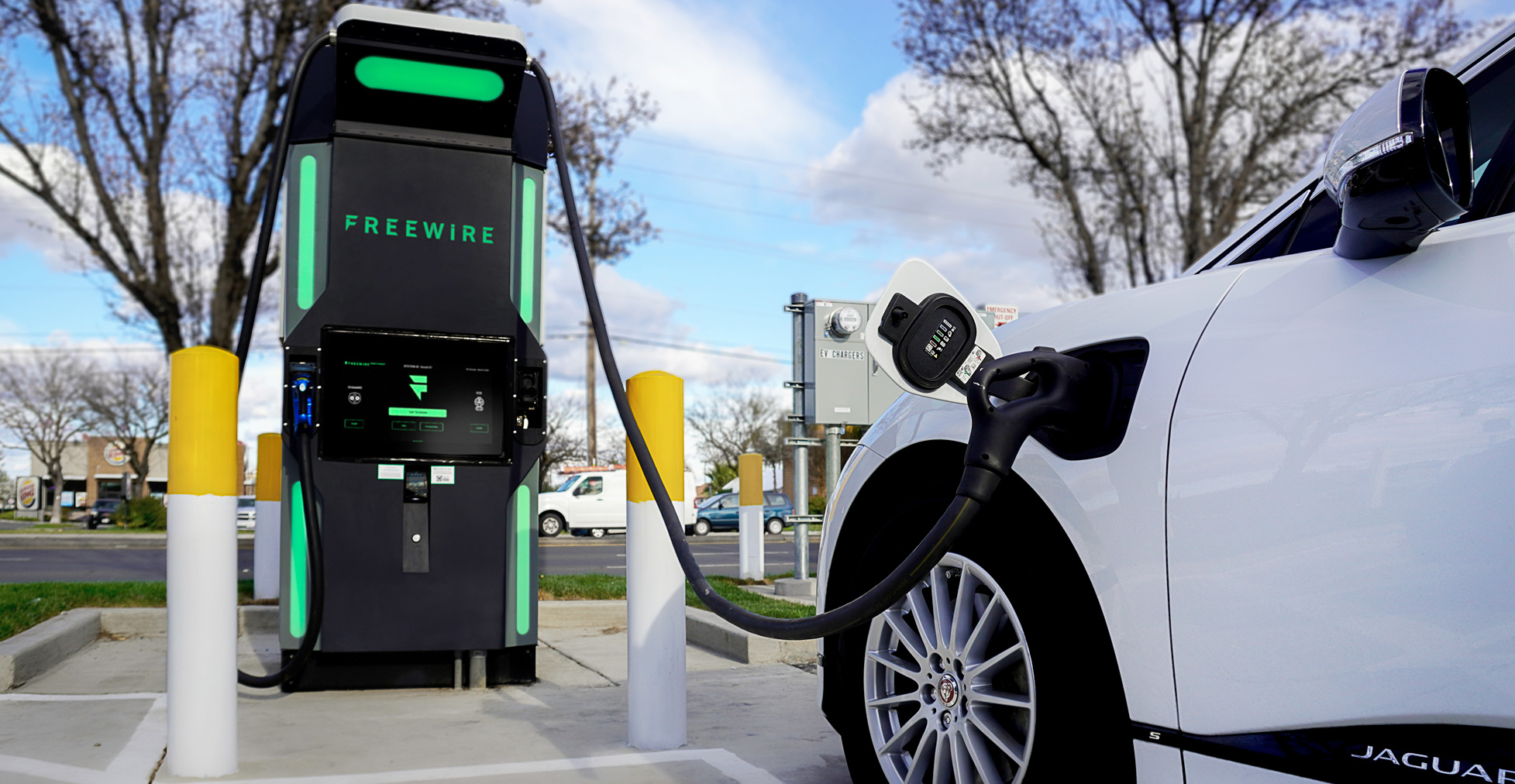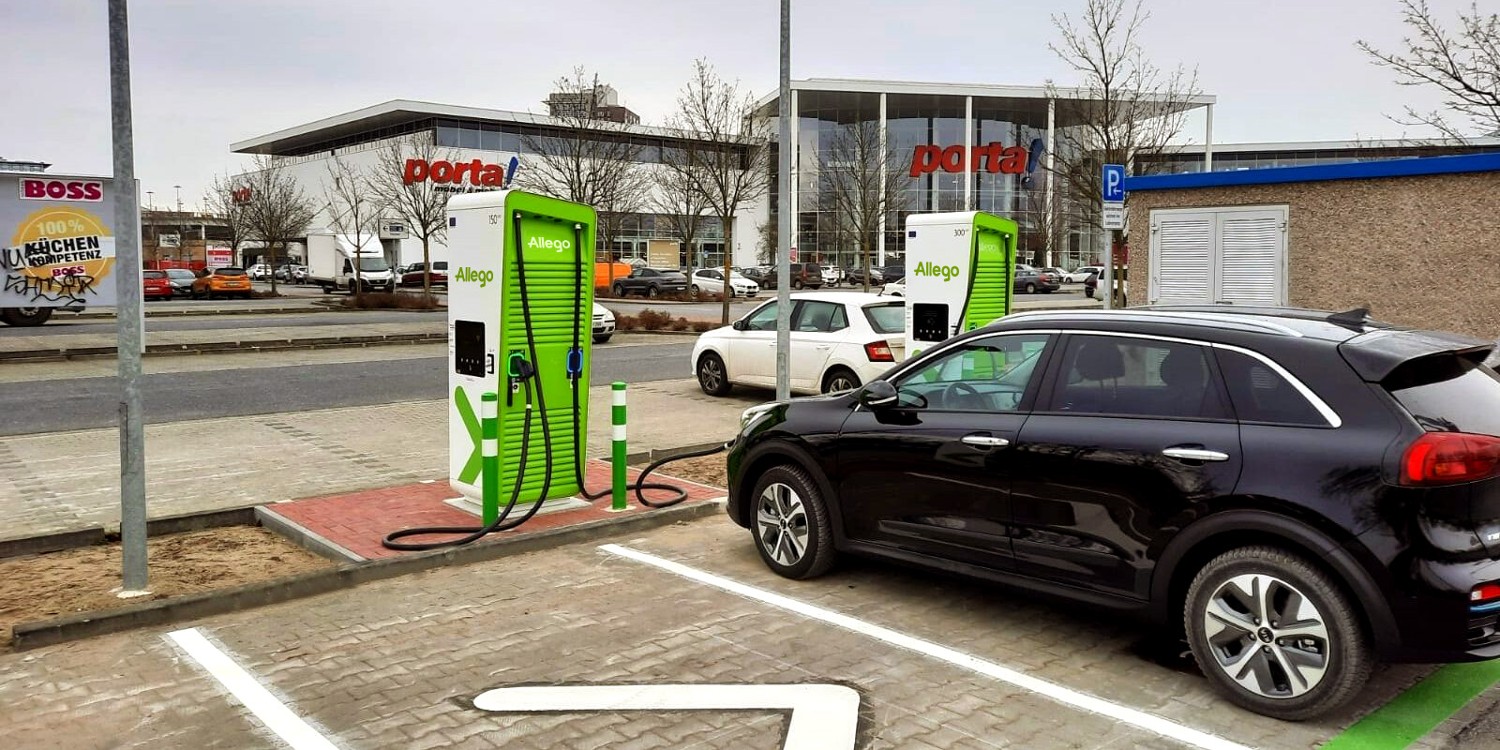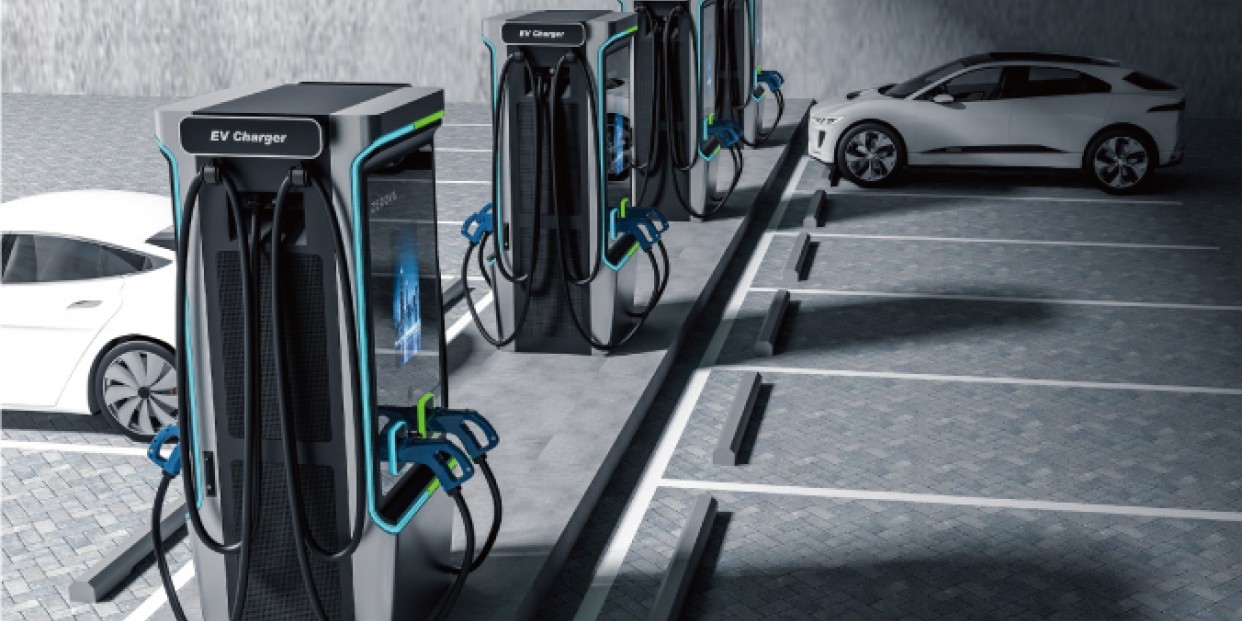Volvo Cars, the Swedish car manufacturer, has made an investment in dcbel, an energy company based in Montreal, Canada, signaling its entry into the smart home industry. The investment comes through Volvo Cars’ venture capital arm, the Volvo Cars Tech Fund, and aims to support dcbel’s research and development efforts. This move by Volvo Cars could potentially complement their own vehicle-to-everything (V2X) initiatives.
Alexander Petrofski, CEO of Volvo Cars Tech Fund, emphasized the importance of Home Energy Management Systems in the transition towards bi-directional electric vehicles. He highlighted the challenges faced by consumers, such as rising energy prices and frequent blackouts, and expressed optimism that the investment in dcbel and their technology could help alleviate these challenges for Volvo’s customers.
dcbel’s bi-directional smart charger has the capability to utilize electric vehicle (EV) energy to power homes during peak utility pricing or in the event of a power outage, as Petrofski explained. Additionally, the V2X functionality of the technology extends to other applications, such as virtual power plants, which can help manage energy demand and enable the sale of excess energy back to the grid.
For dcbel, the development of the r16 Home Energy Station is currently underway, and the company hopes that Volvo’s involvement will support its market entry ambitions.
The smart charger designed by dcbel is not only geared towards EVs but also facilitates intelligent home energy management through the Orchestrate OS platform. The system enables the conversion of electricity from rooftop photovoltaics and home batteries, automating the management of overall home energy consumption, according to dcbel.
Once installed, the Home Energy Station will automate various energy management decisions related to EVs. These include automatic charging, vehicle-to-home peak shaving during times of high utility rates, blackout protection, vehicle-to-grid export based on demand, and battery degradation protection.
Homeowners will have visibility and control over their energy consumption through proprietary apps, accessible via smartphones and other connected devices.
Volvo Cars has been actively pursuing advanced bi-directional charging since 2022. The first model to incorporate this capability will be the EX90, and other models on the new EV platform will also support V2X technology, providing enhanced functionality compared to other car manufacturers.
While Hyundai-Kia has opted for an AC-only solution for its E-GMP models and the VW Group has chosen a DC solution for its upcoming bidirectional charging of MEB models, Volvo has taken a different approach. Lutz Stiegler, Solution Manager Electric Propulsion at Volvo Cars, explained in an interview that Volvo will offer bidirectional charging capabilities through both AC and DC. Stiegler noted that this decision allows customers to have a choice, as a DC-only solution would increase costs for customers due to the need for an additional inverter in the DC wall box.
Although specific products resulting from this partnership have not been disclosed at this time, the objectives of Volvo Cars and dcbel are aligned.
Marc-Andre Forget, CEO of dcbel, highlighted the shared values of safety, sustainability, and technological advancement between Volvo Cars and dcbel. Forget expressed pride in being chosen by Volvo Cars and excitement about playing a significant role in Volvo’s mission to fully electrify their vehicle fleet.

